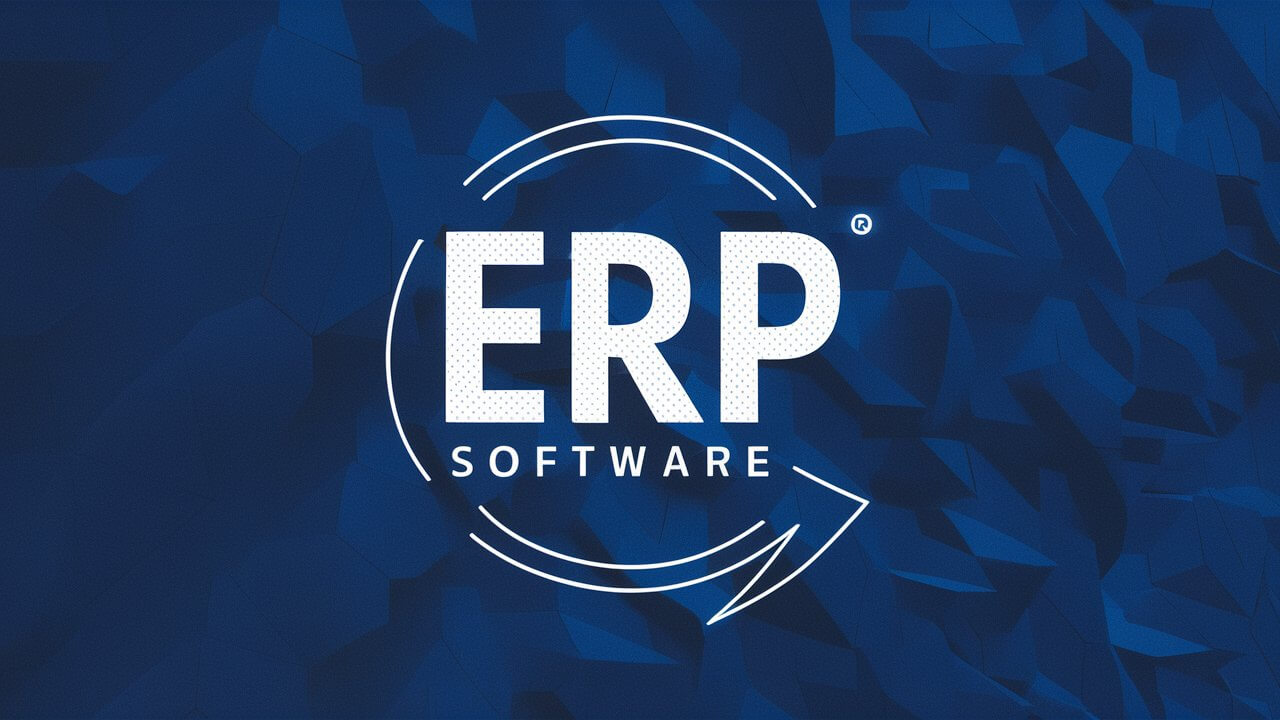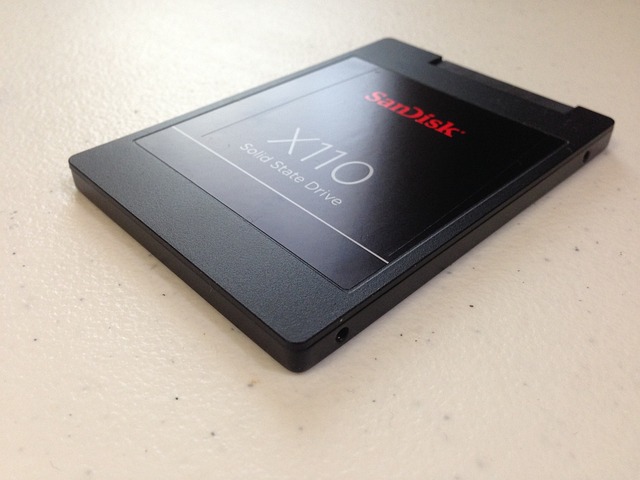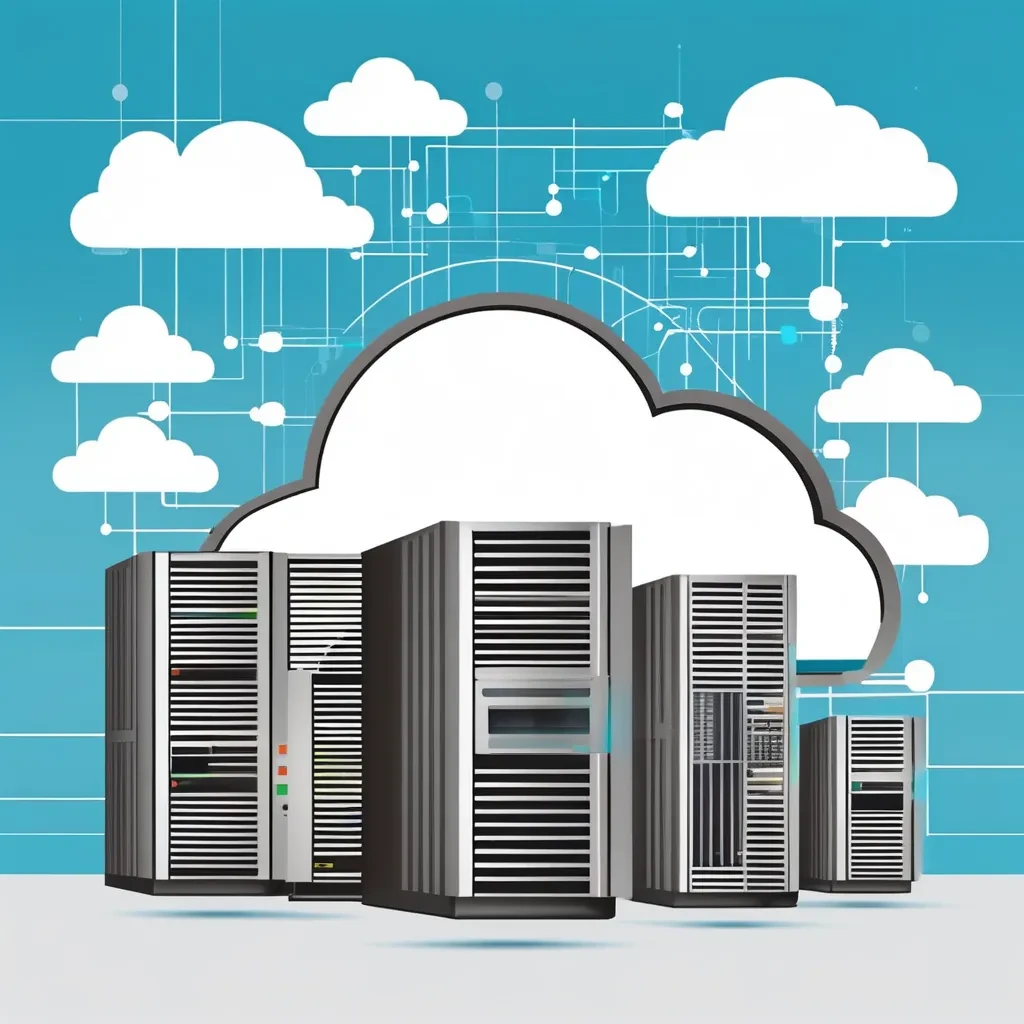In today’s fast-paced industrial landscape, efficiency, accuracy, and adaptability are crucial for maintaining competitiveness. Manufacturing ERP (Enterprise Resource Planning) software presents a comprehensive solution engineered to address the unique challenges faced by manufacturers. This pivotal tool not only streamlines operations but also enhances productivity and profitability. Let’s delve into how manufacturing ERP software is revolutionizing the manufacturing industry and why it is an indispensable asset for modern manufacturers.
Understanding Manufacturing ERP Software
Manufacturing ERP software is an integrated suite of applications that centralizes data, automates processes, and provides real-time insights into manufacturing operations. It encompasses various modules tailored to specific manufacturing needs, including production planning, inventory management, quality control, supply chain management, and more. By unifying these critical functions, ERP software helps manufacturers operate more cohesively and efficiently.
Key Features and Benefits
1. Efficient Production Planning and Scheduling
Manufacturing ERP software excels in optimizing production schedules. It allows for meticulous planning by considering various factors like resource availability, machine capacities, and workforce schedules. This ensures minimal downtime and maximized productivity, ultimately leading to cost savings and on-time delivery.
2. Enhanced Inventory Management
Effective inventory management is pivotal for avoiding excess stock and stockouts. ERP systems offer real-time inventory tracking and automated reordering processes. By maintaining optimal inventory levels, businesses can reduce holding costs and improve cash flow.
3. Streamlined Supply Chain Operations
ERP systems provide an integrated view of the supply chain, from procurement to distribution. This results in better supplier management, reduced lead times, and improved coordination across the supply chain. Enhanced visibility allows manufacturers to anticipate and mitigate potential disruptions.
4. Improved Quality Control
Quality assurance is vital in manufacturing. ERP software incorporates quality management modules that monitor production processes, track defects, and ensure compliance with industry standards. This leads to consistent product quality, reduced waste, and higher customer satisfaction.
5. Data-Driven Decision Making
With ERP software, data is consolidated into a single source of truth. Advanced analytics and reporting tools enable decision-makers to access insightful data on various operational aspects. Informed decisions based on real-time data lead to strategic advantages and enhanced operational efficiency.
Why Manufacturers Need ERP Software
Scalability and Flexibility
As manufacturing businesses grow, their operational complexities increase. ERP software scales with the business, accommodating new processes, markets, and products. Its flexibility allows manufacturers to adapt quickly to changing market demands.
Compliance and Risk Management
Manufacturers must adhere to stringent regulatory requirements. ERP software helps maintain compliance by offering traceability, documentation, and audit trails. Additionally, it aids in risk management by identifying potential issues before they escalate into significant problems.
Cost Efficiency
By automating routine tasks and improving resource utilization, ERP software reduces operational costs. Furthermore, it minimizes human errors, leading to saving time and resources.
Implementing ERP Software: Best Practices
1. Define Clear Objectives
Before implementation, outline the specific objectives and expected outcomes. This helps in selecting the right ERP solution tailored to your manufacturing needs.
2. Involve Key Stakeholders
Engage key stakeholders from different departments to ensure the ERP system meets cross-functional requirements. Their input is invaluable for a successful rollout.
3. Invest in Training
Comprehensive training ensures that employees can effectively use the ERP system. Proper training mitigates resistance to change and helps in maximizing the benefits of the software.
4. Continuous Improvement
Post-implementation, regularly review the ERP system’s performance. Continuous improvement helps in adapting to new challenges and leveraging the system’s full potential.
Summery
Manufacturing ERP software is not just a technological upgrade; it’s a strategic investment in the future of manufacturing operations. By integrating processes, optimizing resources, and providing actionable insights, ERP systems empower manufacturers to achieve operational excellence. In an era where efficiency and agility define success, adopting ERP software is a crucial step toward maintaining a competitive edge in the manufacturing industry.
Invest in manufacturing ERP software today and transform your operations into a streamlined, data-driven powerhouse ready to tackle the challenges of tomorrow.
How can ERP software benefit manufacturing companies?
ERP (Enterprise Resource Planning) software offers numerous benefits to manufacturing companies by centralizing and streamlining their operations. Here’s an in-depth look at how ERP software can benefit manufacturing companies:
1. Improved Operational Efficiency
ERP software integrates various processes within a manufacturing company, allowing for seamless data flow across departments. This reduces manual data entry, minimizes errors, and ensures that everyone has access to up-to-date information. The result is more efficient operations and reduced downtime.
2. Enhanced Inventory Management
Accurate inventory management is crucial for manufacturing. ERP systems provide real-time inventory tracking, ensuring that manufacturers always know the status of raw materials and finished products. Automated reorder points help maintain optimal inventory levels, preventing both overstocking and stockouts.
3. Better Production Planning and Scheduling
ERP systems enable manufacturers to plan and schedule production more effectively. By considering factors such as resource availability, machine capacity, and labor schedules, ERP software helps optimize production workflows, reducing lead times and increasing throughput.
4. Quality Control and Compliance
Ensuring product quality and regulatory compliance is vital for manufacturing companies. ERP software includes quality management modules that monitor production processes, track defects, and ensure adherence to industry standards. This helps in maintaining consistent product quality and avoiding costly recalls or compliance issues.
5. Supply Chain Management
ERP systems provide comprehensive tools for managing the entire supply chain, from procurement to delivery. This visibility helps in better coordination with suppliers, more accurate demand forecasting, and improved vendor management. Enhanced supply chain management reduces lead times, lowers costs, and improves customer satisfaction.
6. Real-Time Data and Analytics
One of the biggest advantages of ERP software is the ability to provide real-time data and analytics. Decision-makers can access detailed reports and dashboards that offer insights into various aspects of the business. This data-driven approach enables more informed decision-making and helps identify areas for improvement.
7. Cost Reduction
ERP software reduces costs by automating routine tasks, minimizing manual errors, and optimizing resource utilization. Improved efficiency and streamlined processes contribute to lower operational costs. Additionally, better inventory management reduces holding costs and frees up working capital.
8. Scalability and Flexibility
As manufacturing companies grow, their operational needs evolve. ERP systems are designed to scale with the business, accommodating new products, markets, and processes. This scalability ensures that the ERP system continues to meet the company’s needs as it expands.
9. Enhanced Customer Service
With better inventory management, accurate production scheduling, and improved supply chain coordination, manufacturers can provide more reliable delivery times and higher-quality products. This leads to increased customer satisfaction and loyalty.
10. Improved Collaboration and Communication
ERP software fosters better collaboration and communication across departments by ensuring that everyone has access to the same information. This alignment helps in synchronizing efforts, reduces miscommunication, and promotes a more cohesive work environment.
11. Risk Management
ERP systems help identify potential risks and operational bottlenecks early. With tools for monitoring compliance, tracking defects, and analyzing data, companies can proactively address issues before they escalate, ensuring smoother operations and reduced risk exposure.
Conclusion
ERP software offers a comprehensive solution for manufacturing companies looking to streamline their operations and enhance productivity. By integrating processes, providing real-time data, and optimizing resources, ERP systems empower manufacturers to achieve greater efficiency, cost savings, and customer satisfaction. For manufacturing companies aiming to stay competitive in a dynamic market, investing in ERP software is a strategic move that delivers significant long-term benefits.



